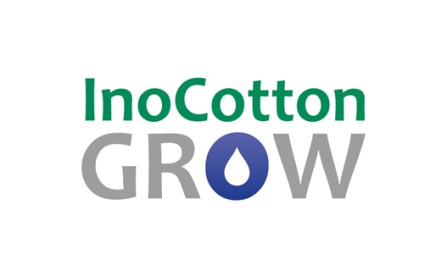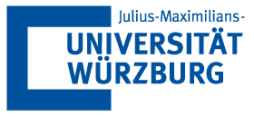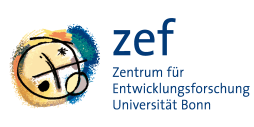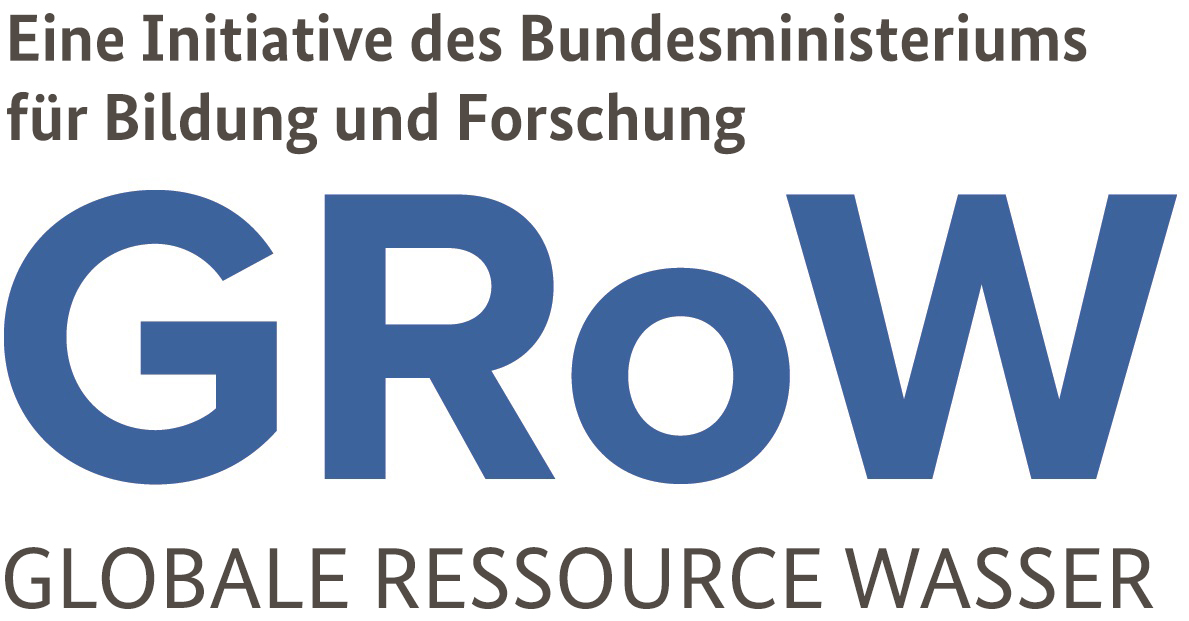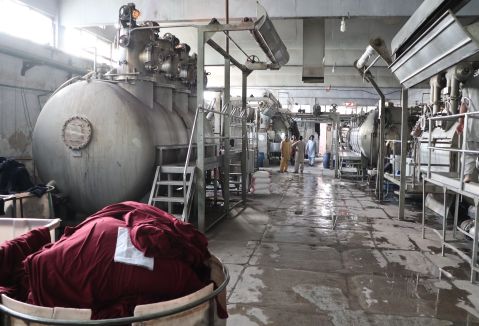
Summary
InoCottonGROW aims to help achieve sustainable water use along the cotton-textile supply chain – from cotton field to coat hanger. The project will develop the water footprint concept into a governance tool that will help local decision-makers manage scarce water resources, and will provide consumers with criteria for making informed purchase decisions. The method will be tested in case studies in Pakistan, where German demand accounts for a large share of the country’s exports of virtual water. InoCottonGROW will work with Pakistani partners to analyse current water use and water pollution in cotton farming and the textile industry, and will estimate the effects on human health, ecosystems and competing uses. Five demonstration projects will highlight ways of reducing green, blue and grey water footprints in order to achieve the UN Sustainable Development Goals. The projects will cover cotton irrigation, resource-friendly dyes, water-efficient textile machines, textile wastewater treatment and pollutant analyses. In order to reach decision-makers and consumers, the project is planning, among other things, to produce short documentaries, develop an online water footprint tool and research an effective water footprint label.
Priorities
- Develop the water footprint concept into a regional governance tool for local decision-makers, textile manufacturers, textile retailers and consumers
- Analyse current water use and water pollution in cotton farming and in the textile industry in Pakistan, and assess the effects on human health, ecosystems and competing uses
- Run five demonstration projects to evaluate the potential that can be technically and institutionally exploited for reducing the water footprint in Pakistan
- Evaluate scenarios for achieving the UN Sustainable Development Goals
- Establish Pareto-optimal solutions and development scenarios
- Support local decision-makers by producing solutions for specific target groups
Relevance
Germany is a water-rich country, but our demand for water-intensive cotton textiles (jeans, T-shirts, bedding and much more) plays a major role in water scarcity and pollution in the countries (most of which are in Asia) that produce them. The immense water-related challenges facing these countries are being further exacerbated by population growth and climate change. At the same time, textile-exporting countries such as Pakistan that receive EU support via GSP+ (Generalized System of Preference) are under pressure to visibly improve the sustainability of their domestic industry. Against this backdrop, InoCottonGROW will pinpoint the parts of the cotton-textile value chain where reducing the water footprint is technically, economically and institutionally viable – and urgently needed in order to achieve the UN Sustainable Development Goals.
 fiw.rwth-aachen.de
fiw.rwth-aachen.de
